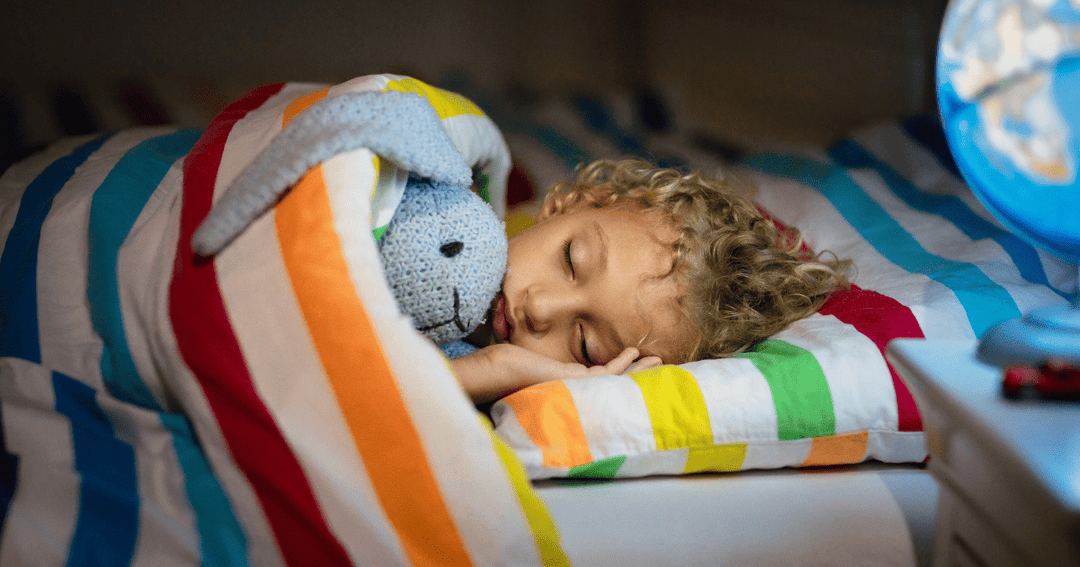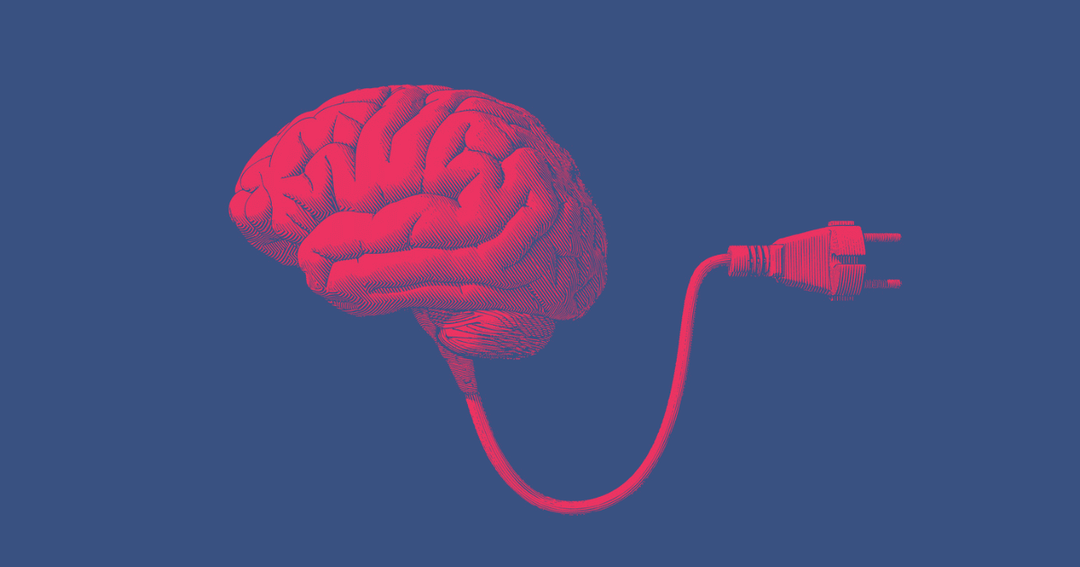Insomnia and Sleep Meds Linked with Dementia in New Study—Here’s an Alternative

An article in the American Journal of Preventative Medicine recently bridged the gap between academic and entertainment articles because of its surprising findings: both insomnia and some sleep medications were found to be associated with dementia across a 10-year period. Insomnia is not just trouble falling asleep, but also staying asleep. The researchers found that those who “just” had problems falling back to sleep after waking in the middle of the night have a reduced dementia risk.
This was the first study to analyze the link between long-term sleep disturbance (most commonly insomnia) and dementia risk on a national scale. Older adults were considered in this study, as they are both inherently at higher risk of both insomnia and dementia. There have been smaller sample studies that examine a potential connection, but nothing on this scale—and researchers found that the larger study matched smaller studies.
Expert Readings
The lead author, Roger Wong, said he had spent years reading the current literature and was surprised to see some mixed findings. Are sleep and dementia actually correlated?
He says, “We expected sleep-initiation insomnia and sleep medication usage to increase dementia risk, but we were surprised to find sleep-maintenance insomnia decreased dementia risk.” His team looked at 10 years of data derived from a longitudinal panel study, the National Health and Aging Trends Study (NHATS). In total, 6,284 adults aged 65+ were included in the data. At the time of beginning the study, none of the participants were diagnosed with dementia.
According to the researchers, “The unadjusted measurements of sleep-initiation insomnia showed the most dramatic link.” Those who self-reported this scenario had a 51 percent higher chance of developing dementia. However, this was reduced when certain health and sociodemographic factors were included.
Sleep Meds and Dementia
The research team found that there was a 30 percent increased risk of dementia for those who take “sleep medication.” This was after accounting for sociodemographic factors. The experts say that it is important to bear in mind that the findings do not necessarily indicate that sleep issues are a “defining factor leading to dementia—rather they show an association, and a need to further investigate other factors.”
What surprised the team the most was the 40 percent decreased risk of dementia after accounting for both health variables and sociodemographic factors in cases of sleep-maintenance insomnia (or trouble going back to sleep after waking). Researchers theorize that spending more time awake could nourish cognitive functions without any negative effects on the sleep quality “banked” at night. This theory has also been suggested in other studies.
Also: 5 Signs You Have Broken Sleep—And How to Fix It Naturally
What This Means for You and Your Sleep
By itself, the study doesn’t prove cause and effect (i.e. sleep problems cause dementia). What it does do is underscore that there is indeed a relationship between the two. Also of note is that sleep disturbances are inherently common for both the elderly and those with dementia.
In conclusion, the researchers are calling for future studies, perhaps examining sleep disturbances and different kinds of dementia. “Older adults are losing sleep over a wide variety of concerns,” Wong says.
When it comes to “sleep medications” and dementia, there are a lot of Rx and OTC medications available. Understandably, regardless of the possible dementia factor, many people want to reduce or eliminate their use of sleep meds for insomnia. These meds can be helpful in short-term problems, such as with jet lag, but may not be the best solution for chronic insomnia. Instead, look to nature for organic solutions. Sip2Sleep® is a drinkable nightly supplement comprised of just two plant-based items: tart cherry extract and Rafuma Leaf. It may be the solution you need for better, longer sleep.
Also: How to Sleep Better as You Get Older
Sleep disturbances are linked to a variety of co-morbidities including type-2 diabetes, heart disease, stroke—and now, possibly, dementia. Everyone needs routine sleep in order to be healthy and functional. Both professional and personal relationships can also suffer if you are chronically tired. Try adding Sip2Sleep® to a healthy nighttime routine, which may also include reading a book, taking a bath, or meditation. Sip2Sleep® is now available to order online.







